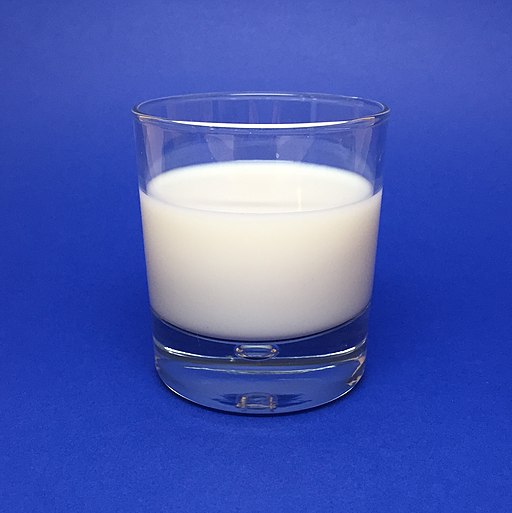Contributing Writer Linda Shen, ’21
“Milk makes you strong.” We’ve all heard this saying growing up. We’ve been told to drink our leftover milk. We’ve been told that milk makes us grow. We’ve grown up believing that milk is good for us. However, according to health experts, humans don’t need milk after the age of two. In fact, drinking milk is the cause of many of our problems.
Why is drinking milk so acclaimed? According to Healthline, milk provides vitamin B12 and D, potassium, magnesium, and other essential nutrients. Furthermore, milk is an excellent source of protein, providing amino acids that are essential for building muscle. And most are familiar with milk’s versatility: it’s used for your favorite desserts, eating cereal, or your morning coffee. But despite these appealing qualities, milk is not essential in order to fulfill your growth and cravings.
Contrary to common belief, dairy is not as good for bones as we think. For example, milk has been proven to be a poor preventer of osteoporosis. If consumed in high intakes, it can increase the acidity of your blood, leading to higher risks of bone fracture. Despite calcium’s bone-strengthening qualities, a 1992 review showed that countries with lower intakes of calcium had the lowest fracture rates. This shows that increased milk consumption does not necessarily prevent bone damage. Additionally, milk contains artificial hormones that react with our healthy hormones which disrupt insulin levels, increase the risk of hormone-sensitive cancers and cause breakouts. Studies also show a correlation between high milk intake and cancerous diseases. It is evident that drinking milk may lead to the development of health complications, supporting the conclusion that drinking milk may not be as “healthy” as we believe.
The ethics of extracting dairy milk from a cow is also a topic of controversy. According to The Guardian, dairy cows are crammed into small pens during the milking process, and calves are separated from their mothers immediately after birth. After several months, these calves are brutally inseminated and injected with hormones that increase their normal milk output of 2 liters to more than 20 liters — an absurd increase. Once cows reach their maximum milking age, they’re rendered useless and slaughtered. This inhumane treatment of cows to obtain drinking milk has no place in our society. Bringing awareness to this cruel animal abuse could reduce their suffering and shine a negative light on the realities of milk production.
Consuming milk is our biggest foe. Healthier and delicious alternatives to milk exist, like oat, almond, or coconut milk. In today’s society, where innovations are constantly replacing outdated practices and technology, we should consider altering our diets to progress toward a healthier, more ethical world.
Sources:
- Carroll, Aaron. “Milk and Juice Are Not as Needed as You Might Think.”
- Iftikhar, Noreen. “Pros and Cons of Drinking Cow’s Milk.”
- Newkey-Burden, Chas. “Dairy is Scary. The Public Are Waking Up To The Darkest Part of Farming.”
- “Preventing and Reversing Osteoporosis.”
- Reinagel, Monica. “How Does Dairy Affect Your Hormone Levels?”






























